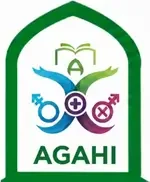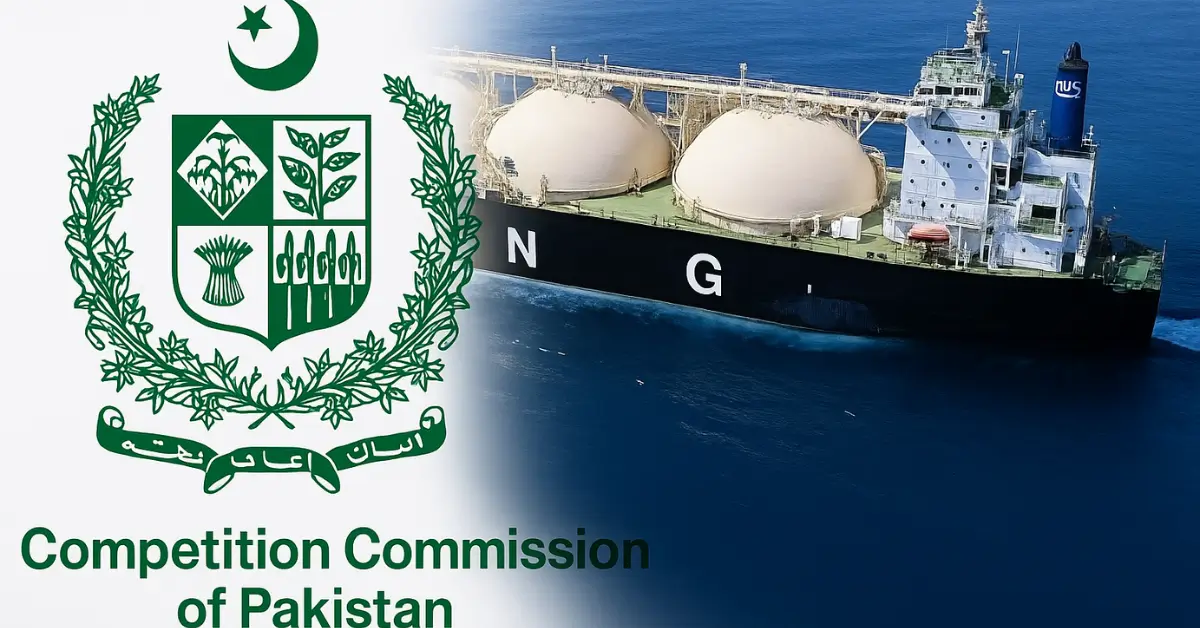LNG sector in Pakistan
The LNG sector in Pakistan is facing serious structural, regulatory, and competitive challenges. In a recent report, the Competition Commission of Pakistan (CCP) highlighted the urgent need for reforms to promote private sector participation and create a competitive energy market. The report, titled “State of Competition in the LNG Sector in Pakistan“, aims to guide policymakers toward building a more open and efficient LNG industry.
Current State of the LNG Sector in Pakistan
At present, the LNG sector in Pakistan is largely controlled by state-owned enterprises (SOEs). These include:
- Pakistan State Oil (PSO)
- Pakistan LNG Limited
- Sui Southern Gas Company Limited (SSGC)
- Sui Northern Gas Pipelines Limited (SNGPL)
These SOEs dominate LNG import, storage, and distribution, leaving very little space for private sector companies to operate. This monopoly has led to inefficiencies and discouraged competition in the market.
Strict licensing procedures and complex tariff structures have further limited private investment. Private companies face difficulties entering the market due to regulatory bottlenecks and a lack of access to infrastructure, such as LNG terminals and pipelines.
Schools on Small Plots Face Closure as Punjab Education Foundation (PEF) Issues Compliance Orders
Key Challenges Identified by CCP
The CCP report identifies several major issues affecting the LNG sector:
- Monopolization by SOEs: Government-run companies dominate the value chain, restricting open competition.
- Strict licensing and tariff rules: These serve as barriers to entry for private businesses.
- Limited access to infrastructure: LNG terminals and pipelines are not readily accessible to third parties.
- Delayed implementation of Third Party Access (TPA) rules: This prevents private firms from utilizing existing infrastructure.
- Tariff adjustment delays: These delays have contributed to rising circular debt, which reached Rs 2,866 billion as of January 2024.
Major Recommendations by the Competition Commission
To tackle these challenges, the CCP has proposed several key reforms that align with international best practices:
1. One-Stop Shop for LNG Import Clearance
The CCP suggests setting up a centralized One-Stop Shop under the Central Coordination Committee. This body would simplify and speed up the process of LNG import clearance, making it easier for new entrants to participate in the market.
2. Immediate Implementation of TPA Rules
The Third Party Access (TPA) rules must be enforced for both LNG terminals and pipelines. This will allow private players to use existing infrastructure and promote fair competition.
3. Separation of Transmission and Distribution
The transmission and distribution functions of Sui Southern Gas Company (SSGC) and Sui Northern Gas Pipelines Limited (SNGPL) should be separated. This unbundling will create a level playing field and encourage more market participation.
4. 3-Year Gas Demand Forecasting Plan
The report recommends the development of a three-year demand forecasting plan. Accurate forecasting can help reduce Unaccounted-for Gas (UFG) losses and improve the overall efficiency of the gas supply system.
Punjab PECTA Board Exams 2026: New Policy for Class 5 and 8 Students Explained
Policy Goals and Long-Term Vision
The CCP’s review is not just a critique; it provides a roadmap for reform. The goal is to:
- Promote fair competition
- Facilitate private sector involvement
- Ensure energy security
- Enhance efficiency across the LNG value chain
The Commission also studied international models, such as Japan, where phased liberalization, infrastructure decentralization, and open access have helped create robust and competitive energy markets.
Statement from CCP Chairman Dr. Kabir Ahmed Sidhu
During the launch of the report, CCP Chairman Dr. Kabir Ahmed Sidhu emphasized that fair competition is essential for innovation and growth in Pakistan’s LNG sector. He stressed that the implementation of the Commission’s recommendations could significantly increase private sector participation and improve market access.
According to Dr. Sidhu, the report is designed to assist in policy formulation and pave the way for much-needed reforms. These measures, if adopted, can help Pakistan achieve a more reliable and competitive energy sector.
Pakistan Cement Industry Posts 7% Growth in September, Exports Continue to Fall: APCMA Report

